BOI Reporting for Travel Advisors in 2025: Compliance Guide - Updated post 26 March 2025 changes
New Beneficial Ownership Information (BOI) reporting rules apply to U.S. travel advisors and agencies in 2025. Antravia explains who must file, deadlines, and how to stay compliant without risking fines.
TRAVEL & HOSPITALITY FINANCE
9/1/20256 min read


BOI Reporting: What Travel businesses need to know
This article overwrites previous article on BOI reporting, due to changes in law
As of March 2025, under FinCEN's revised interim rule, all domestic U.S. entities, including travel agencies, tour operators, and hotels, are exempt from Beneficial Ownership Information (BOI) reporting under the Corporate Transparency Act. This broad exemption applies to any U.S.-formed LLC, corporation, or similar entity, regardless of size or industry, eliminating prior obligations for most small and mid-sized travel businesses. Foreign entities registered to do business in the U.S. must still file, but with simplified rules. Always confirm your specific situation with FinCEN, especially for foreign-owned structures.
The original guidance assumed broad applicability, but these updates provide significant relief for domestic operations.
Introduction
From January 2024 until March 2025, most U.S. businesses were subject to a new compliance requirement: Beneficial Ownership Information (BOI) reporting. Introduced under the Corporate Transparency Act, this reporting obligation was managed by FinCEN, the Financial Crimes Enforcement Network. The aim was to prevent money laundering and increase transparency about who really controls companies.
However, FinCEN's interim final rule on March 26, 2025, changed everything: Domestic U.S. entities are now fully exempt from BOI reporting. This means the vast majority of travel agents, tour operators, hotels, and B&Bs structured as U.S. LLCs or corporations no longer need to worry about filings, deadlines, or penalties.
Most travel professionals can breathe a sigh of relief as BOI reporting is no longer a concern for purely domestic setups. But for international players with foreign-registered entities operating in the U.S., compliance remains key. Even if you've heard the buzz about BOI in the past, it's worth understanding the updates to ensure your business structure stays compliant and efficient.
Part 1: Why BOI Reporting (or its absence) matters for Travel Businesses
Who is caught by BOI rules?
Under the revised rules, domestic U.S. entities, so those formed by filing with a U.S. state, like an LLC for your travel agency or hotel, are now completely exempt. This includes small independents, mid-sized groups, and everything in between. No more gathering owner details or uploading IDs.
Exemptions now cover all such entities, wiping out the previous narrow carve-outs for large companies (20+ employees, $5M+ revenue) or regulated sectors like banks. Sole proprietors or informal partnerships were never in scope anyway.
The focus has shifted to foreign entities registered to do business in the U.S. (e.g., a non-U.S. company qualifying as a foreign LLC in a state). These must file BOI reports, but only for non-U.S. beneficial owners, U.S. persons are excluded from disclosure.
What information must be disclosed?
For the remaining reporting companies (foreign-registered entities), you must identify beneficial owners: individuals who own or control 25% or more, or exercise “substantial control” (e.g., senior officers with decision-making power).
Report for each:
Full legal name
Date of birth
Current residential address (business address if no residential)
A valid ID number (passport, driver’s license) and an image of the document
Company details like legal name, trade name, and EIN are also required. But again, this doesn't apply to domestic U.S. travel businesses.
Why travel agents and hotels should take note
For domestic operations, the exemption means one less compliance headache, thus freeing you to focus on bookings, guest experiences, and growth. If you're a solo agent with a U.S. LLC or an independent hotel owner, you're off the hook entirely.
That said, if your business involves foreign registration or complex international ownership, double-check to avoid surprises. Restructuring (e.g., adding foreign investors) could trigger reviews, but domestic entities won't need updates.
Failure to comply, if you're still in scope, can mean civil penalties up to $500 per day and potential criminal charges, but FinCEN has confirmed no enforcement against exempt domestic entities for past non-filings.
Part 2: How to Handle BOI Reporting – Step by Step (if applicable)
1. Determine if you must file
Domestic U.S. LLCs, corporations, or similar → Exempt. No action needed.
Foreign entities registered in the U.S. → Required; disclose only non-U.S. beneficial owners.
Sole proprietors or informal setups → Not required.
2. Gather owner information (for foreign-registered entities)
Confirm who meets the 25% ownership or “substantial control” test—focusing on non-U.S. individuals. Collect ID details and proof of address.
3. File with FinCEN
Head to the official FinCEN portal: https://boiefiling.fincen.gov Submit online—no filing fee.
4. Understand the deadlines
For foreign-registered entities:
Registered before March 26, 2025 → File by April 25, 2025.
Registered on or after March 26, 2025 → File within 30 days.
Domestic entities: No deadlines apply.
5. Keep it updated
Changes in non-U.S. ownership or control? Report within 30 days. Domestic changes? No updates needed.
Foreign-Owned U.S. Companies
BOI reporting now targets the entity's registration status, not ownership. A U.S.-formed subsidiary (even 100% foreign-owned) is exempt as a domestic entity. You can't just list the foreign parent, but since domestics are out, this simplifies things for most U.S. operations.
In practice:
The U.S. entity (if domestic) skips filing entirely.
For foreign parents registered directly in the U.S., disclose ultimate non-U.S. natural persons with 25%+ control or substantial influence.
This reduces complexity for hotel groups, bedbanks, and international tour operators with U.S. subsidiaries—most can now ignore BOI unless purely foreign-registered.
Example: Consider a U.S.-based travel advisor who set up Adventure Journeys LLC in June 2025. As a domestic entity, it's fully exempt, and therefore no BOI report required, even as a one-person operation. So can skip the owner details and ID upload entirely.
Why this matters
For travel businesses, the exemption is a win: Lenders, investors, and partners no longer demand BOI proof for domestic setups, just like they wouldn't for routine tax records. It signals streamlined compliance and lets you prioritize profitability over paperwork.
At Antravia, we help agents and hoteliers review entity structures post-exemption, ensuring foreign elements stay compliant while optimizing for taxes and liability.
Conclusion
The BOI reporting landscape has shifted dramatically in 2025, lifting the burden from domestic U.S. travel businesses and simplifying life for most operators. If you're foreign-registered, treat it as a quick compliance check; otherwise, celebrate the relief and integrate any lingering reviews into your routine.
With proper awareness, BOI, or its absence, won't slow you down. Antravia works with travel agents and hotels to navigate these updates, integrating them into broader financial management so owners stay focused on running profitable businesses while meeting every regulatory requirement.
How to fill in BOI Reporting
1. Go to https://boiefiling.fincen.gov/
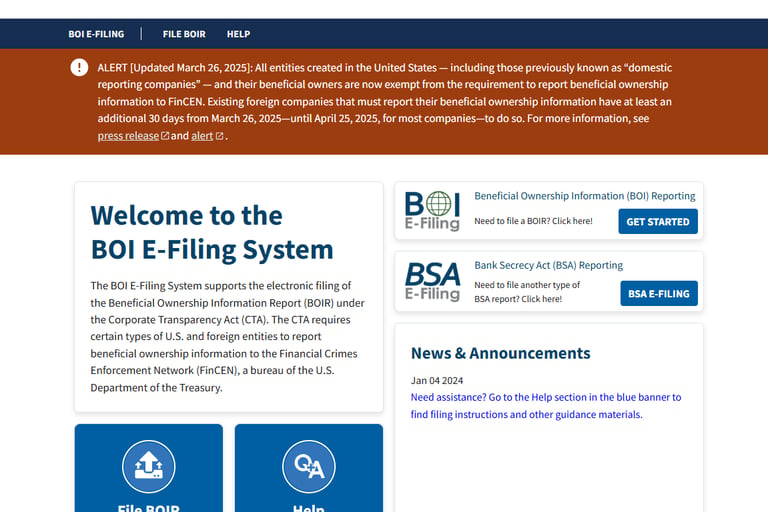

2. Select "Beneficial Ownership Information (BOI) Reporting"
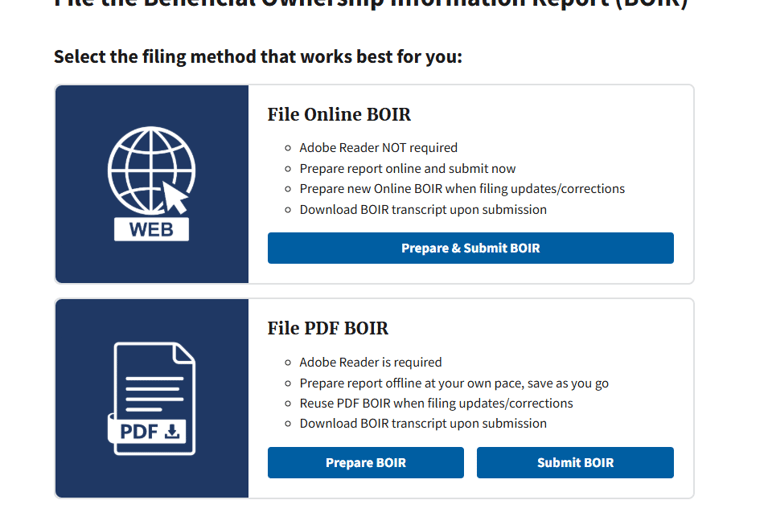

3. We selected to File Online, however you can also upload a pdf file.
4. And complete the information for your company.. Here are the questions asked
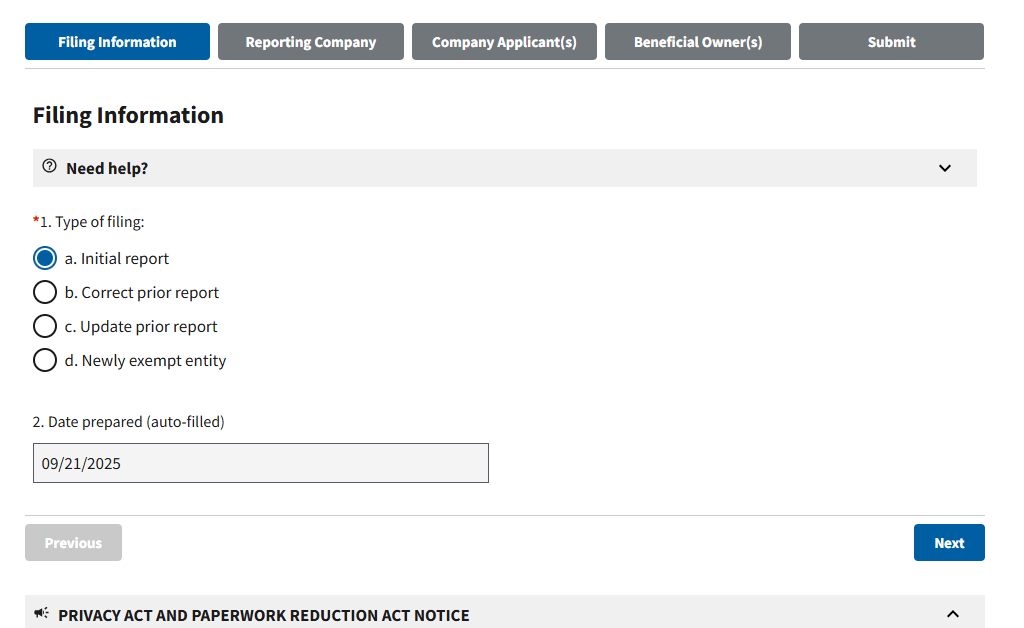

5. The form will ask for the legal name, any trading name, and to add a form of identification
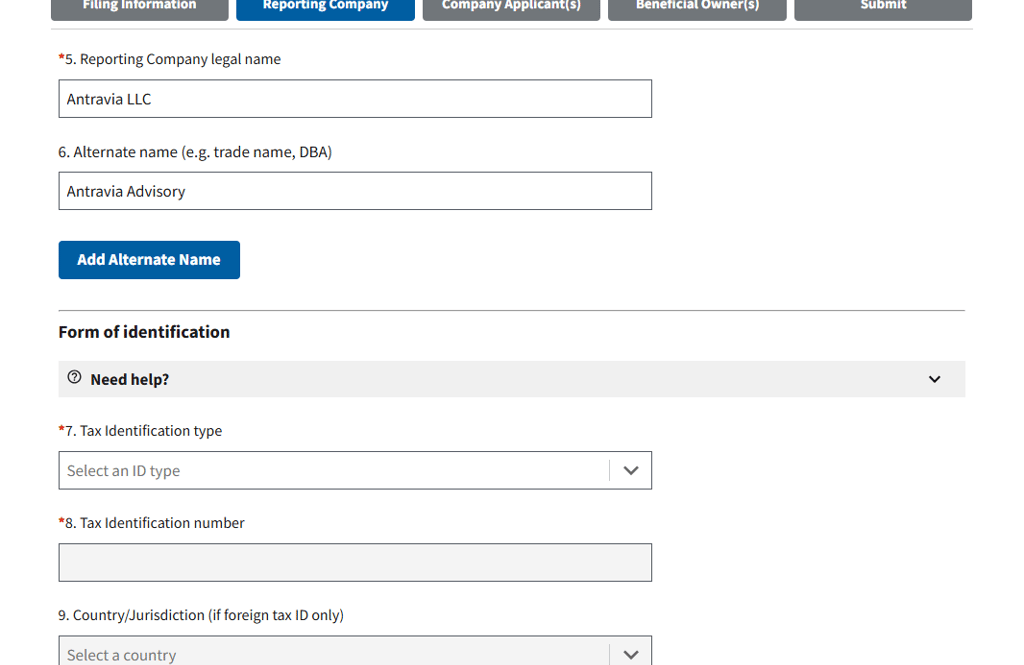

6. Enter the details for your company
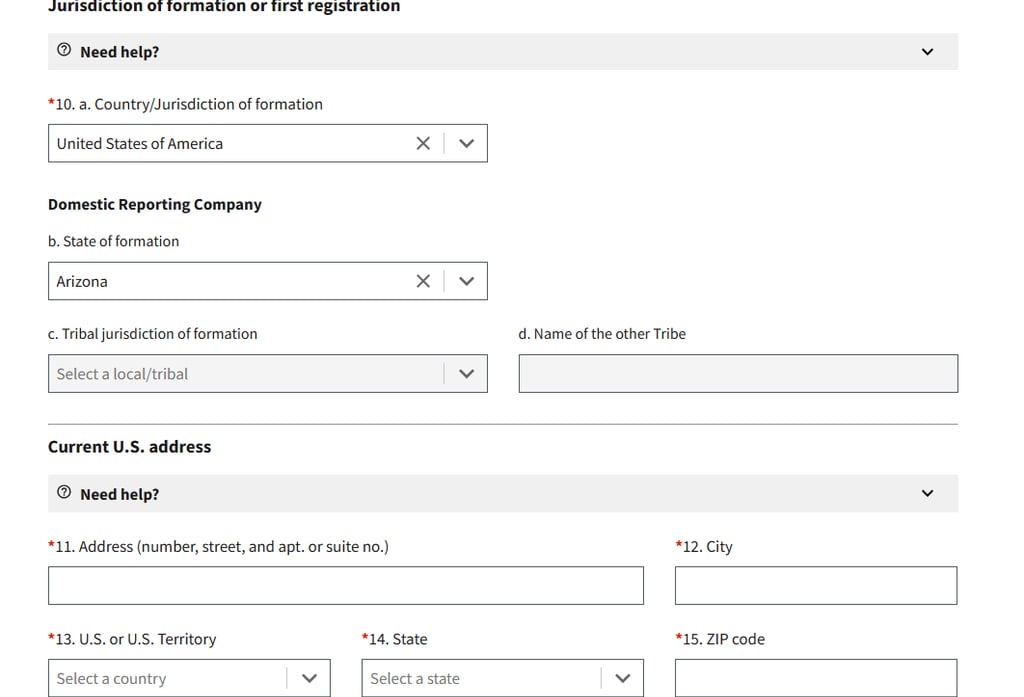

7. It will ask for more details (if you don't have a FinCEN ID it will ask you to complete section 19 -33)
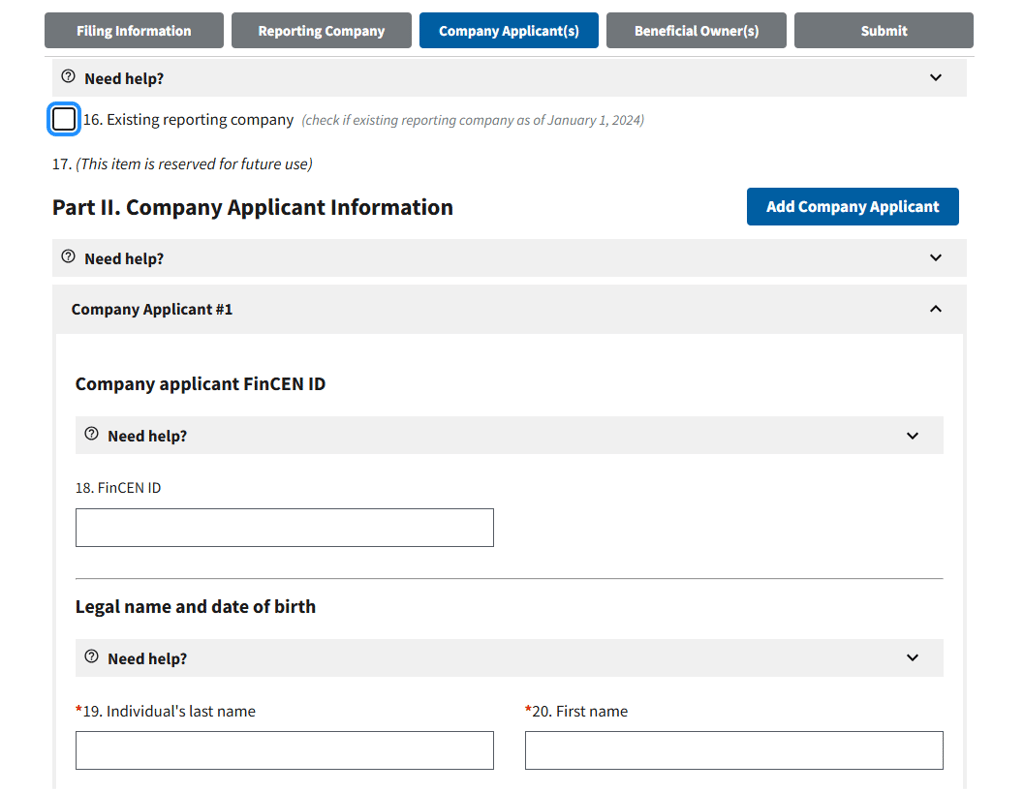

8. Once you have entered the details, it will move to part 3, the BOI Information
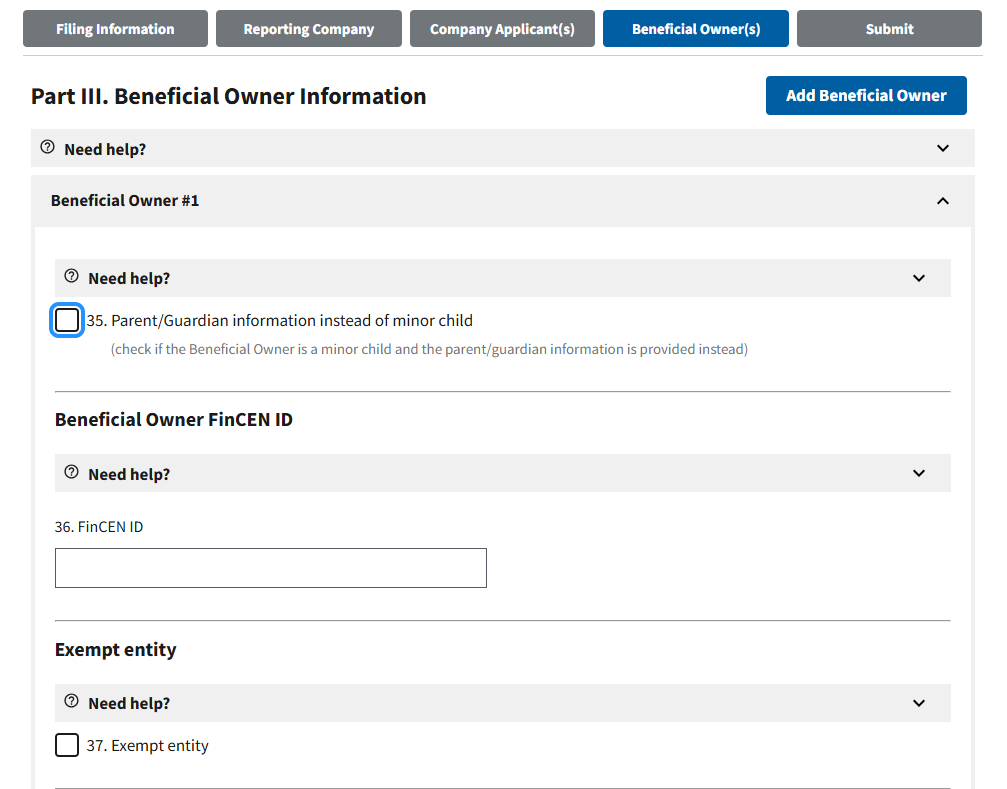

9. Finalize by certifying you have provided accurate information, and click "Submit BOI"
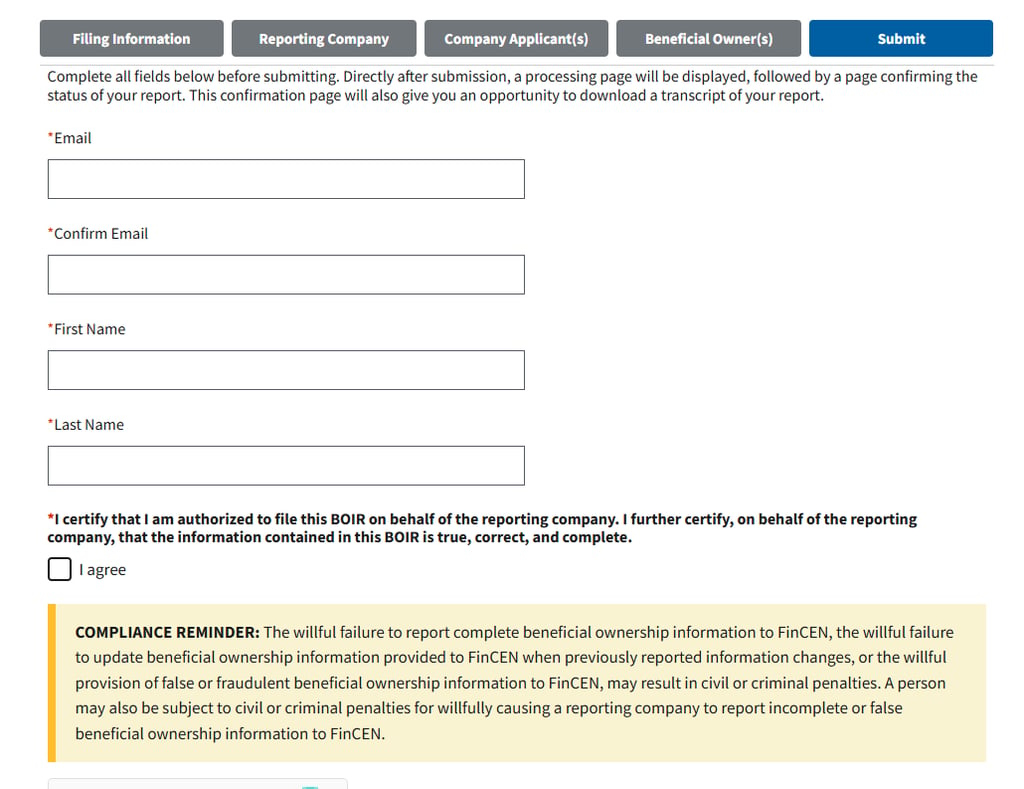

10. And that is it.. all done! Download your transcript before closing the page and keep this as a reference

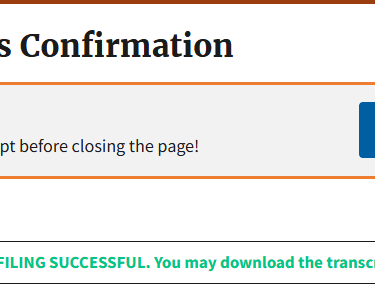
References


References - BOI Reporting: What Travel businesses need to know
Financial Crimes Enforcement Network (FinCEN). (2023). Beneficial Ownership Information Reporting Rule. U.S. Department of the Treasury. Available at: https://www.fincen.gov/boi
Financial Crimes Enforcement Network (FinCEN). (2024). BOI E-Filing System. Available at: https://boiefiling.fincen.gov
U.S. Department of the Treasury. (2024). Corporate Transparency Act (CTA) – Frequently Asked Questions. Available at: https://www.fincen.gov/boi-faqs
U.S. Department of the Treasury. (2022). Beneficial Ownership Information Reporting Requirements – Small Entity Compliance Guide. Available at: https://www.fincen.gov/boi/small-entity-compliance-guide
Corporate Transparency Act, Pub. L. 116–283, Div. F, Title LXIV, §§6401–6403 (2021). Enacted as part of the National Defense Authorization Act. Available at: https://www.congress.gov/bill/116th-congress/house-bill/6395/text
FinCEN. (2024). Reporting Deadlines for BOI Filings. U.S. Department of the Treasury. Available at: https://www.fincen.gov/boi/reporting-deadlines
Antravia Advisory
Where Travel Meets Smart Finance
Email:
Contact us:
Antravia LLC
© 2025. All rights reserved. | Disclaimer | Privacy Policy | Terms of Use | Accessibility Statement
Antravia.com - Global site of the Antravia Group.
Antravia.com | Antravia.co.uk | Antravia.ae |
Finance.travel | Tax.travel | Consultancy.travel | VAT.travel | VAT.claims |
USSales.tax | EuroVAT.tax | UKVAT.tax |
contact@antravia.com
Antravia LLC
4539 N 22nd St., Ste. N
Phoenix
Arizona
85016
